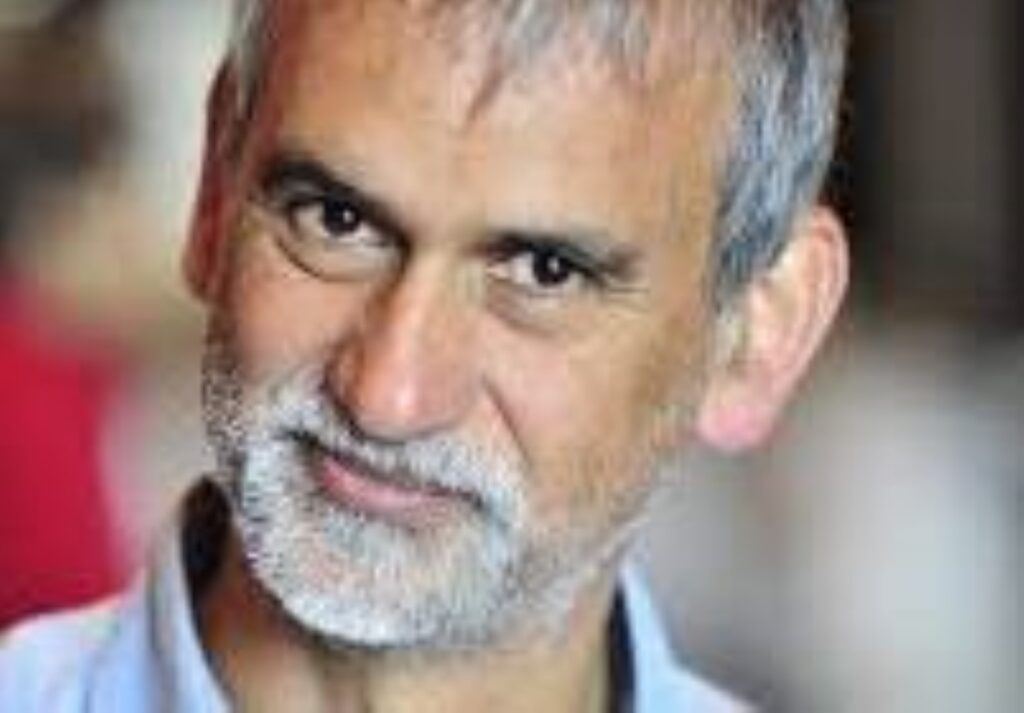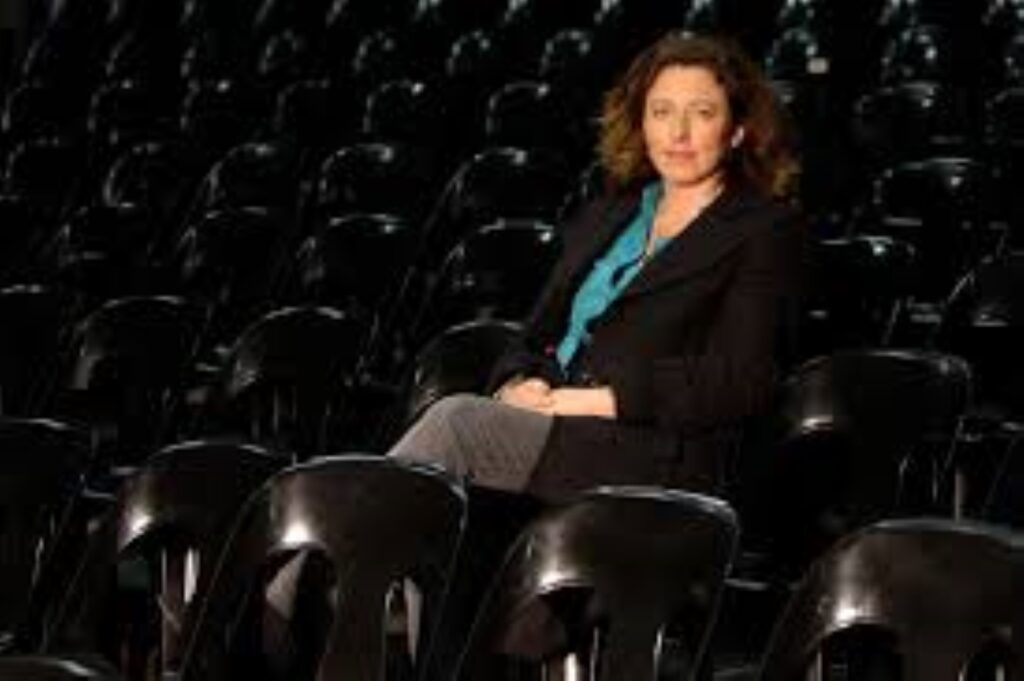There’s something rotten in the States of Democracy
On Freedom of expression, the NAC, Othello and Gaza.
By Mike Van Graan

This year, we mark thirty years of democracy, nearly three decades of a Bill of Rights that affirms the right to freedom of expression, including freedom of the press, freedom to receive and impart information, academic freedom and freedom of artistic creativity.
Last week, I had the privilege of facilitating Artfluence, an event hosted by the Centre for Creative Arts at the University of KwaZulu Natal, where participants reflected on the arts and festivals in promoting and defending human rights. The creative sector projects itself as an arch defender of freedom of expression since it is the premise of our creative work, and of what we believe to be our‘ calling’, our responsibility to ‘speak truth to power’.
In truth though, the precarity of our sector and the multiple challenges we encounter in forging sustainable livelihoods, more often than not result in self-censorship so as not to compromise ourselves in our industry-of-small-returns.
The primary reason why we have a National Arts Council (NAC) is because the creative sector was organised and advocated strongly for a body comprising independent arts practitioners that would make decisions about the allocation of public funding rather than politicians or bureaucrats. A democracy premised on human rights would make freedom of creative expression possible through taxes, and through a mechanism that existed at arm’s length to government.
But here we are, 28 years after the adoption of the National Arts Council Act and Freddie Nyathela, President of the SA Roadies Association, is engaged in an almost single-handed battle to hold accountable the current arts and culture minister who has apparently appointed Board members illegally and to serve a political rather than an arts agenda.
As long ago as 2001 though, the Cultural Laws Amendment Act was enacted eliminating the right of Council members to elect their own chairperson thus making that person accountable to the Council, instead ‘to empower the Minister to appoint the Chairperson of the Council’ thus compromising the political independence of the NAC, and providing a direct conduit for political interference in the activities of the NAC. Creatives have long been wary of applying for public funding from the NAC for work that may be critical of the political status quo so that rather than facilitating freedom of expression as per the original intention, the NAC has become a barrier to it.
Those who inhabit political power are not allies of freedom of expression.
It is not only in our democracy that freedom of expression is held hostage by political power; over the last seven months of genocide in Gaza, we have witnessed creatives who expressed support for Palestinians having their funding cut, their invitations to prestigious events cancelled, their awards revoked – and all of this within so-called liberal democracies that have historically espoused freedom of expression and have used it as a rod with which to beat authoritarian regimes.
Students protesting against the genocide have been arrested, their protests broken up by heavy-handed police action. Broadcasting platforms claiming the right to media freedom for themselves suppress voices that counter genocidal propaganda, and the USA – the self-appointed policeman and judge of human rights – vetoes humanitarian aid and a cessation of hostilities in favour of the ongoing slaughter of children, women and other innocent civilians in Gaza.
Again, given the precarity of our sector, many creatives fear expressing opposition to the genocide lest it compromises international funding and opportunities, alienates potential corporate funding and audiences who may be sympathetic to the genocidal regime.
In the context of a genocide in which thousands of lives are brutally terminated and to which we are reluctant daily witnesses, for many, fear of speaking out lest it compromises livelihoods is greater than asserting freedom of expression or speaking truth to power.
But it is not only external factors that intimidate creatives into silence; gatekeepers who control international and institutional access, award judges, critics and those of us who wield some form of power within the creative sector have the capacity to induce self-censorship among creatives too.
A few weeks ago, I posted an article which interrogated the stated ‘decolonial’ goals, interpretation and framework of Lara Foot’s much-acclaimed production of Othello at the Baxter Theatre.

While I made it clear that it was not a review of the play and that it was worth seeing, Foot did not take kindly to the article and proceeded to unfriend and block me on Facebook, as apparently was also the experience of some who expressed support for the article. Now of course it is Foot’s right to befriend whomever she likes, but the issues are much larger as Foot is the CEO and Artistic Director one of the city’s major cultural institutions – funded in part by public funds – and her reaction portends victimisation of those who challenge her, which in turn evokes silence and self-censorship.
The Baxter’s institutional response was also interesting in that positive comments from critics and audiences as well as high profile people within the arts and society were invoked to praise the production, but there was generally no engagement with the arguments in the article. It is deeply ironic that to counter a critique related to decoloniality, colonial methods of laager, of patronage and of co-option of black voices are used to protect and defend white power and hegemony.
Foot stated that she believed it to be inappropriate for artists to comment on the work of fellow artists and yet Facebook and other social media platforms are littered with the – positive – comments of creatives on the work of other creatives, including the production of Othello. Clearly then, it is critical engagement, interrogative argument with the publicly stated political intentions of the piece that appear to be the forms of freedom of expression that are being objected to.
Thirty years into our democracy, we are reminded that democratic practices and constitutional freedoms are never really ‘won’; they constantly have to be fought for and defended in the contexts of political, economic, aesthetic and institutional power that militates against these.
Ultimately, the best and most effective means for advocating and defending freedom of expression, is simply to practice it.
.Mike Van Graan is an award winning playwright.










